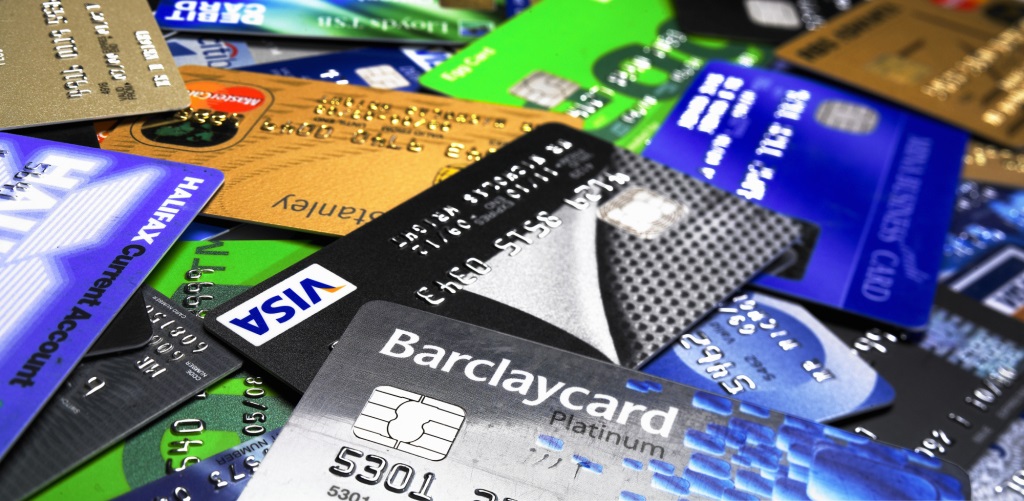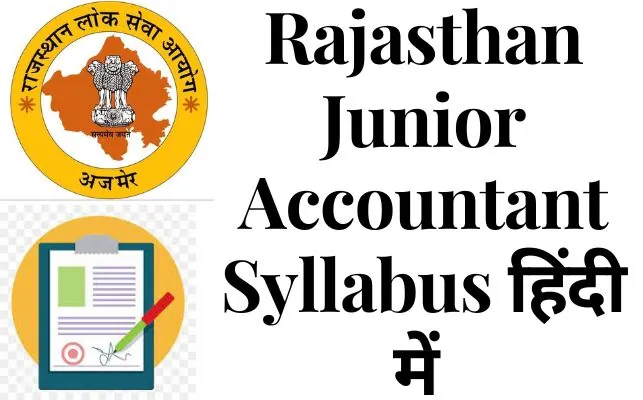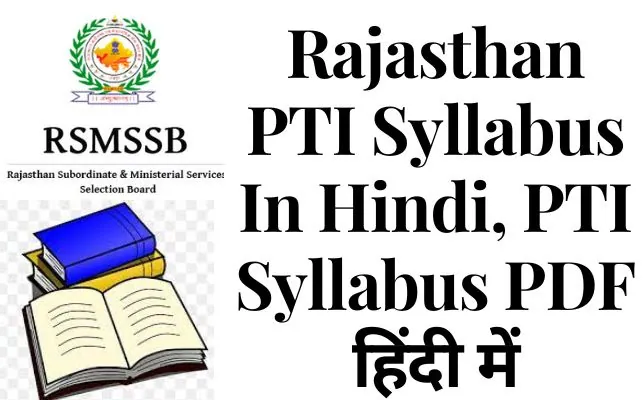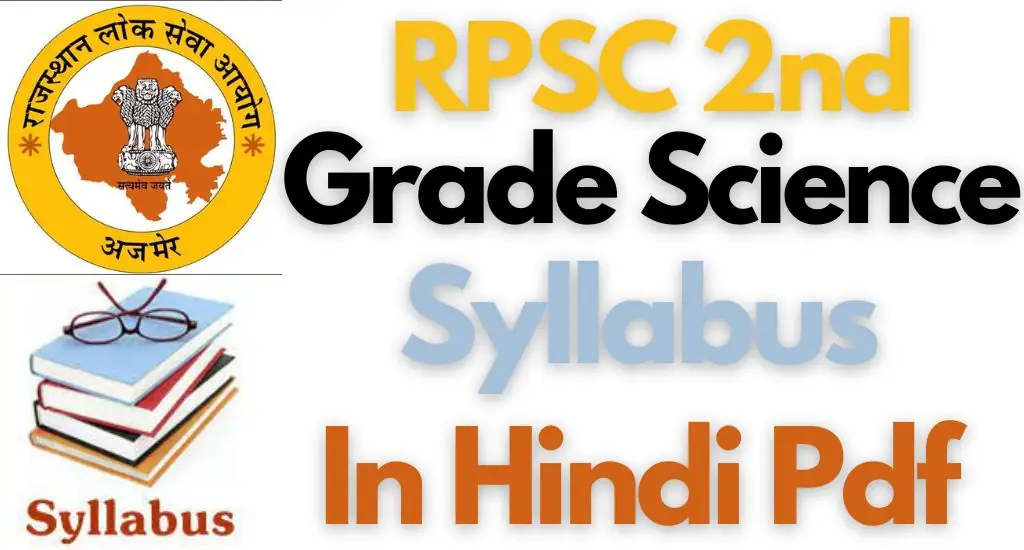
EMI Free Loan
Many people find themselves too at ease making minimum payments on their credit card accounts. This is mostly related to the common illusion that minimum payments are sufficient to avoid interest charges and late penalties. At least until asked specifically, even banks dislike sharing information on the long-term damage minimum payments could cause. Lack of knowledge is causing credit card users to lose easily saveable money. Continue reading if you wish to know about minimum payments and how they impact your pay-off.
What is Minimum Payment?
The minimum payment is a fraction of the whole outstanding amount owing. Most banks figure it at five percent.For instance, the minimum payment would be Rs. 1,000 if the outstanding amount owing on your credit card for a given month is Rs. 20,000.
Regarding minimum payments, many of the Indian credit card users have misunderstandings. Most people agree that, as long as you make the minimum payment, your credit card is not charged with interest. For most banks at least, this is untrue. Making the minimum payment benefits you just in terms of avoiding late fees. Still, there is charge of interest. Paying the whole bill is the only way out from the interest.
Interest on Credit Card Loans
Maintaining minimum payments over an extended period of time can lead to a significant debt possibly surpassing your credit limit. This makes sense given the interest credit card users pay. Usually called APR (Annual Percentage Rate), credit card interest is rather high. For example, Axis bank has a 46.78 APR while SBI has 40.2. The average interest on your credit card would thus be between 3-4 percent a month, which would seem little but over time can cause a difficult financial issue.
Playing safe by just making the minimum payments on your outstanding bills every month results in debt. This is so because the interest amount will be higher the more pending there is. Using the above mentioned example, if you pay Rs. 1,000 (minimum payment) on the outstanding amount of Rs. 20,000 from last month and your current month’s outstanding amount is Rs. 6,000, then the combined pending amount would be Rs. 19,000 (from last month) + Rs. 6,000, plus APR charged on the amount carried over from last month.
What is Credit Card Takeover?
A Credit Card Takeover (CCT) can be the ideal fix for you when the outstanding balance on your credit card has climbed dramatically. We provide simple personal loans with three to twelve month payback terms. Use these loans to pay off the outstanding debt on your credit card since their interest rate is lower than that of your card.
Loan’s E MI When you have significant future cash flow and need to pay off debt, such credit card debt, free loans are ideal. There are no monthly EMIs in an E MI-free loan. Rather, all you have to pay is loan interest. You can make partial payments back-off the principle amount as most convenient. For the same loan, the interest amount can readily be as low as 40% of what you would typically pay as an EMI.
How Does Credit Card Takeover Help?
You might find more uses for a credit card takeover than you could have imagined. Many people, sadly, are unaware of its advantages and subsequently lose money along with their CIBIL score.
CCT can assist you in the following ways should you be caring for a significant credit card debt:
-
Lower Interest Rates
Comparatively to credit card interest rates, a CCT loan has a lower interest rate. You thus directly save a great deal of money, which you would otherwise pay in interest. Generally speaking, the annual interest rate of a CCT loan is about 18% less than those of a credit card.
-
Convenience
Should your financial situation be limited, an E MI-free loan can be quite beneficial. You are free to wait until you are ready, thus you are free to relax about paying the principle amount. Monthly interest payments are all you have to pay; this is rather reasonable. You can at last pay off the principle when your financial situation is improved.
-
CIBIL Score Protection
Using CCT has one of the most significant benefits in that it lets you save your CIBIL score from any damage. Usually simply unaffordable, delayed credit card payments can have a negative effect on your CIBIL score. Your chances of loan approvals drop with a low CIBIL score, thus the required repairs could take a lot of time and effort. You should thus do all necessary steps to prevent any damage of CIBIL score. What then are you supposed to do if you cannot pay off the debts? Now you can apply for an E MI-free loan and save your CIBIL score by handling debt.
-
No Late Fees and Penalties
Additionally avoiding late fees and penalties with a CCT loan is possible. Given that the loan can be obtained in a few days, you can save a lot of money on typically rather high late fines and penalties.
The kind of freedom E MI-free loans offer makes them increasingly appealing. An E MI-free loan can be used for anything from house purchase to college tuition to even funding your marriage. You have minimum pressure with an E MI-free loan and can pay the principal whenever it would be most convenient. Up until the loan’s maturity, your monthly small interest payments are just minimal.
You can get E MI-free loans and enjoy the advantages; they are helping people lead more convenient life. Loan will help you to project your loan eligibility right now.




